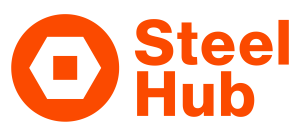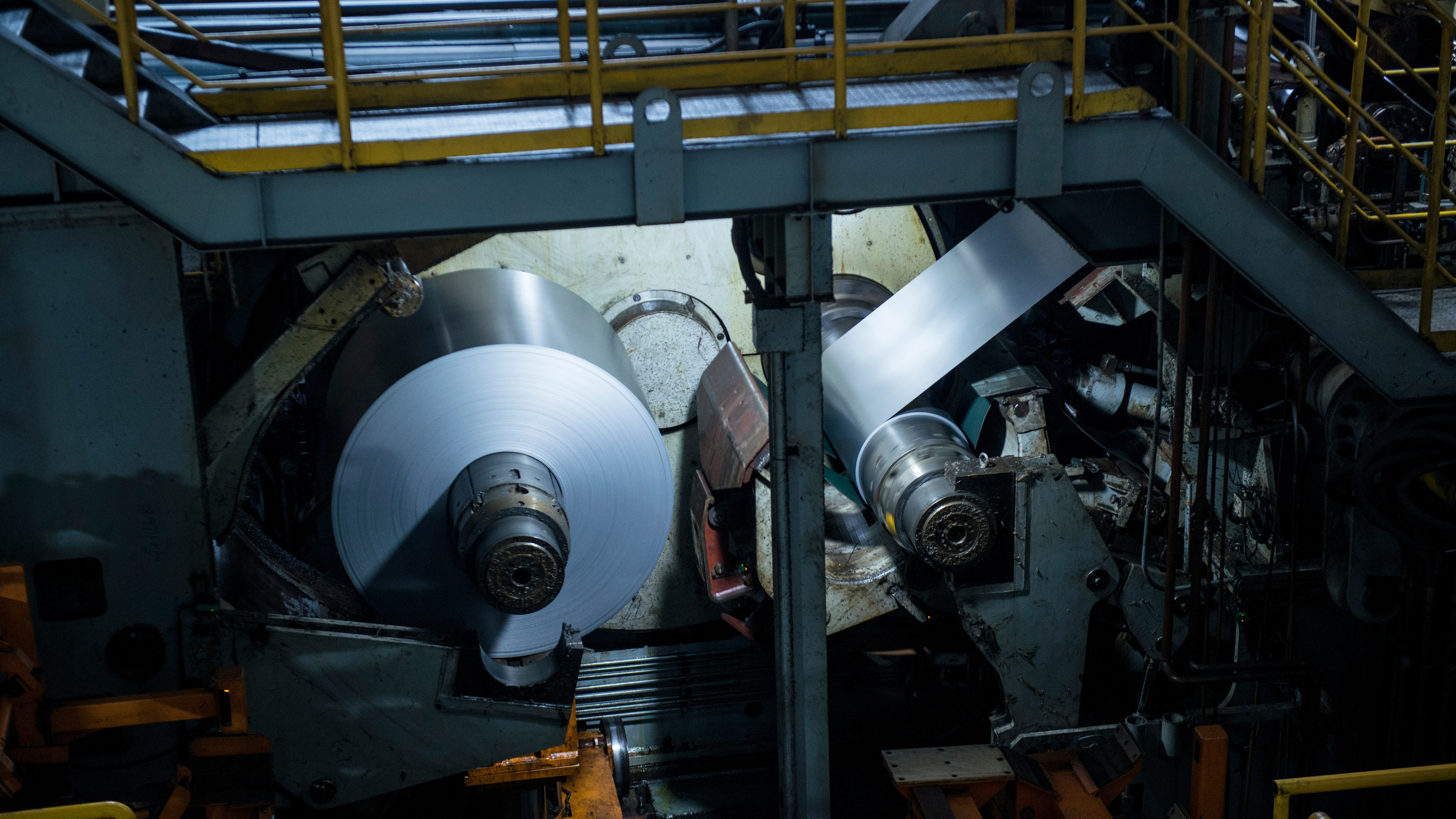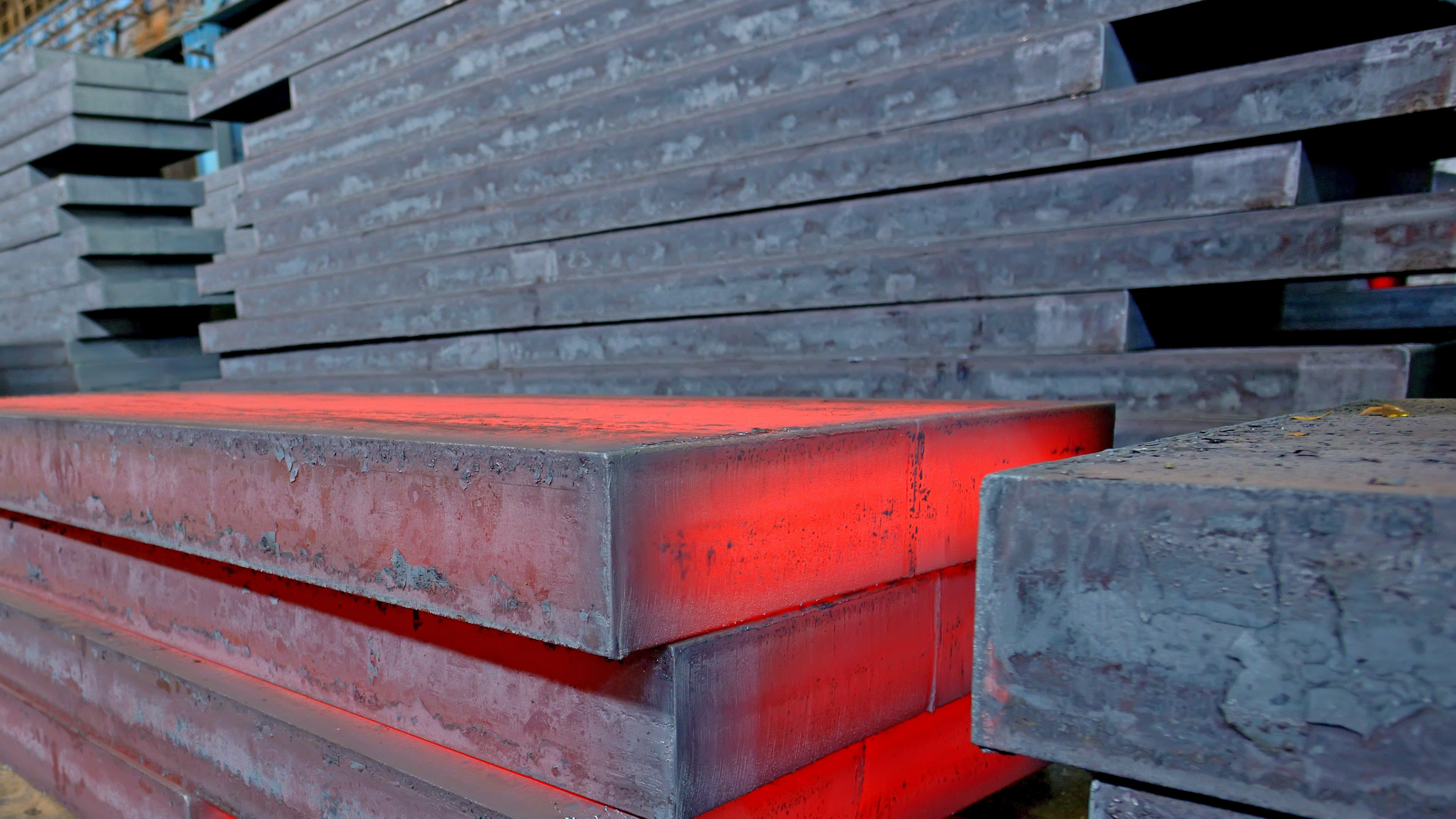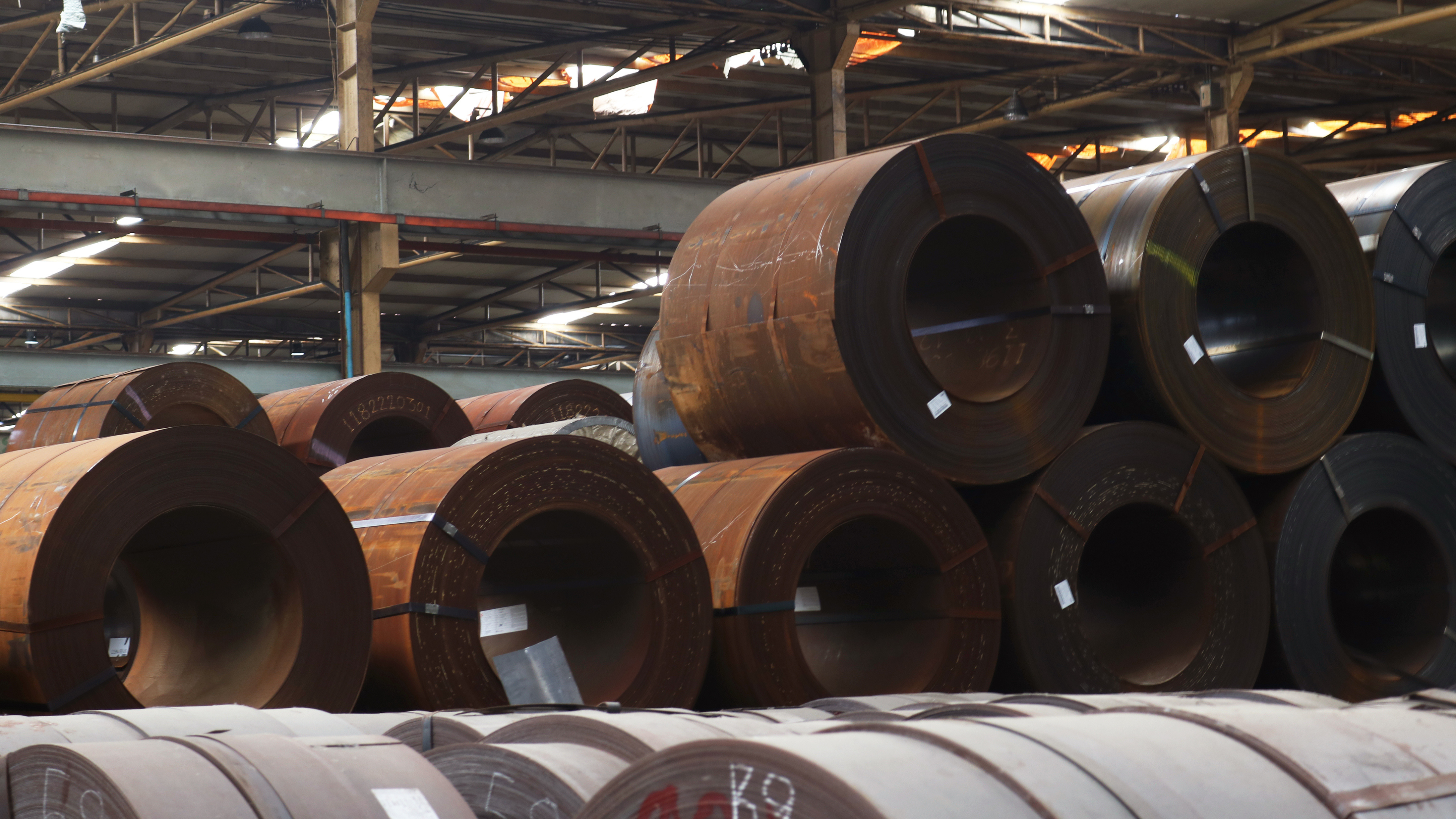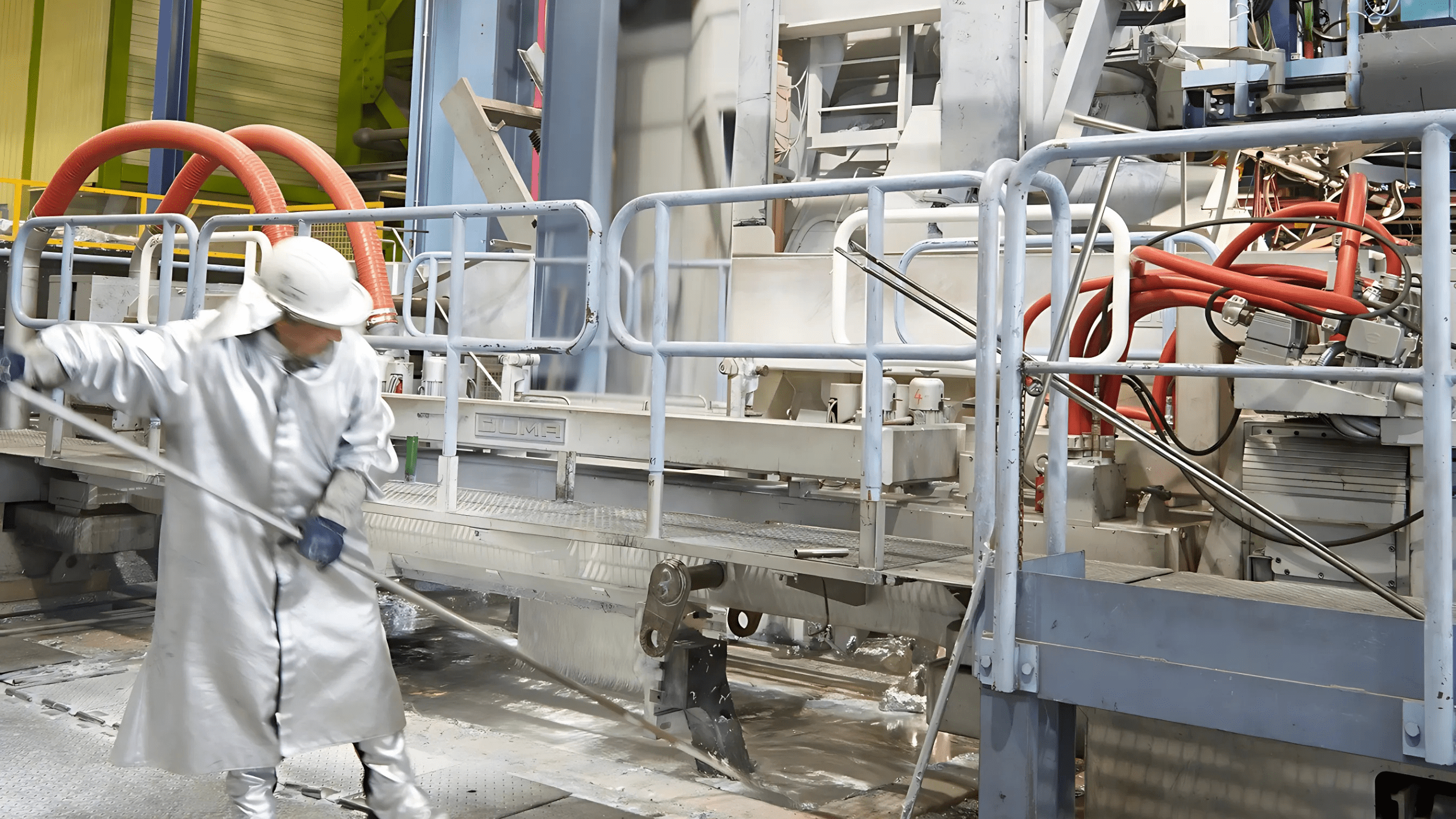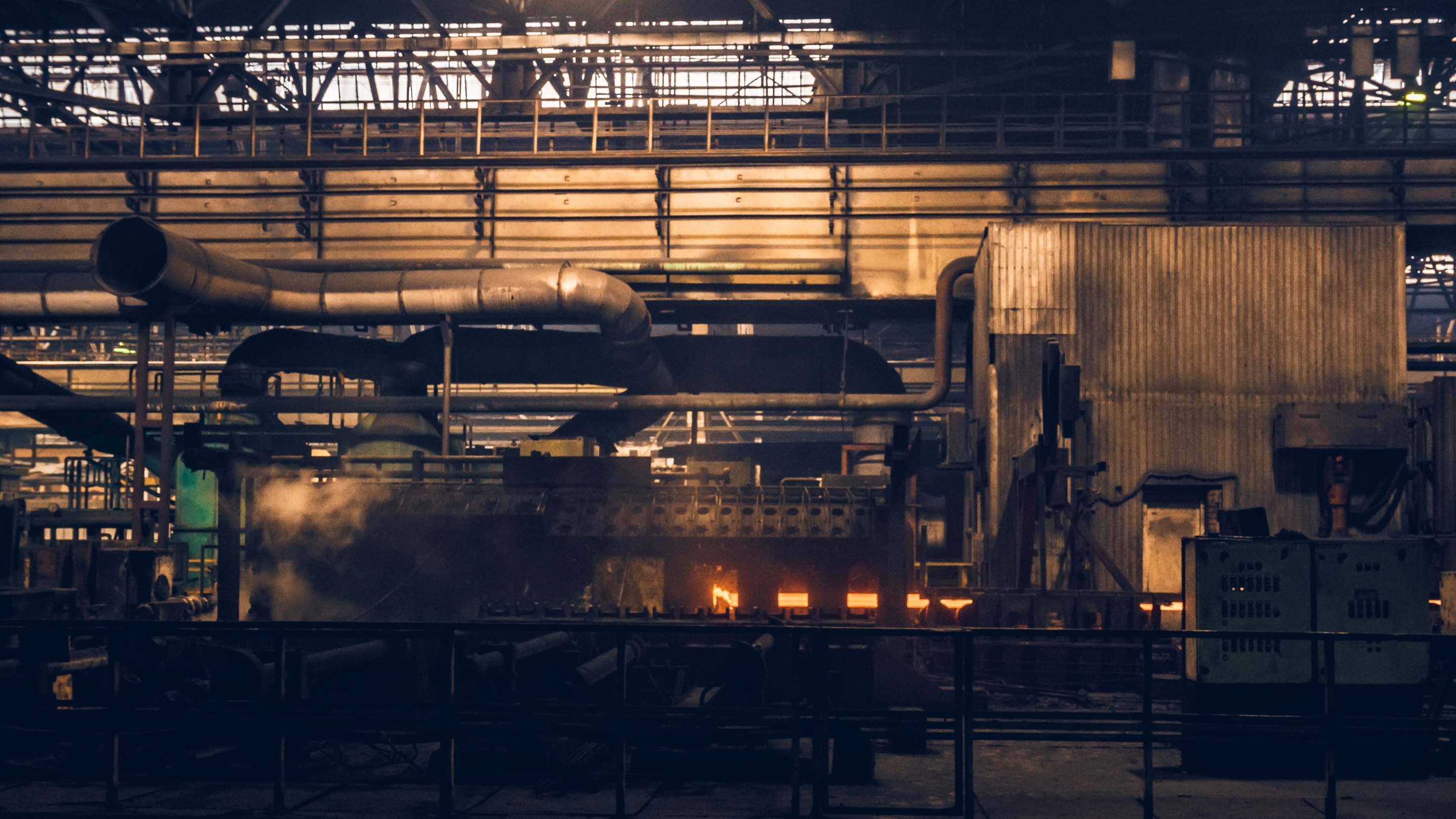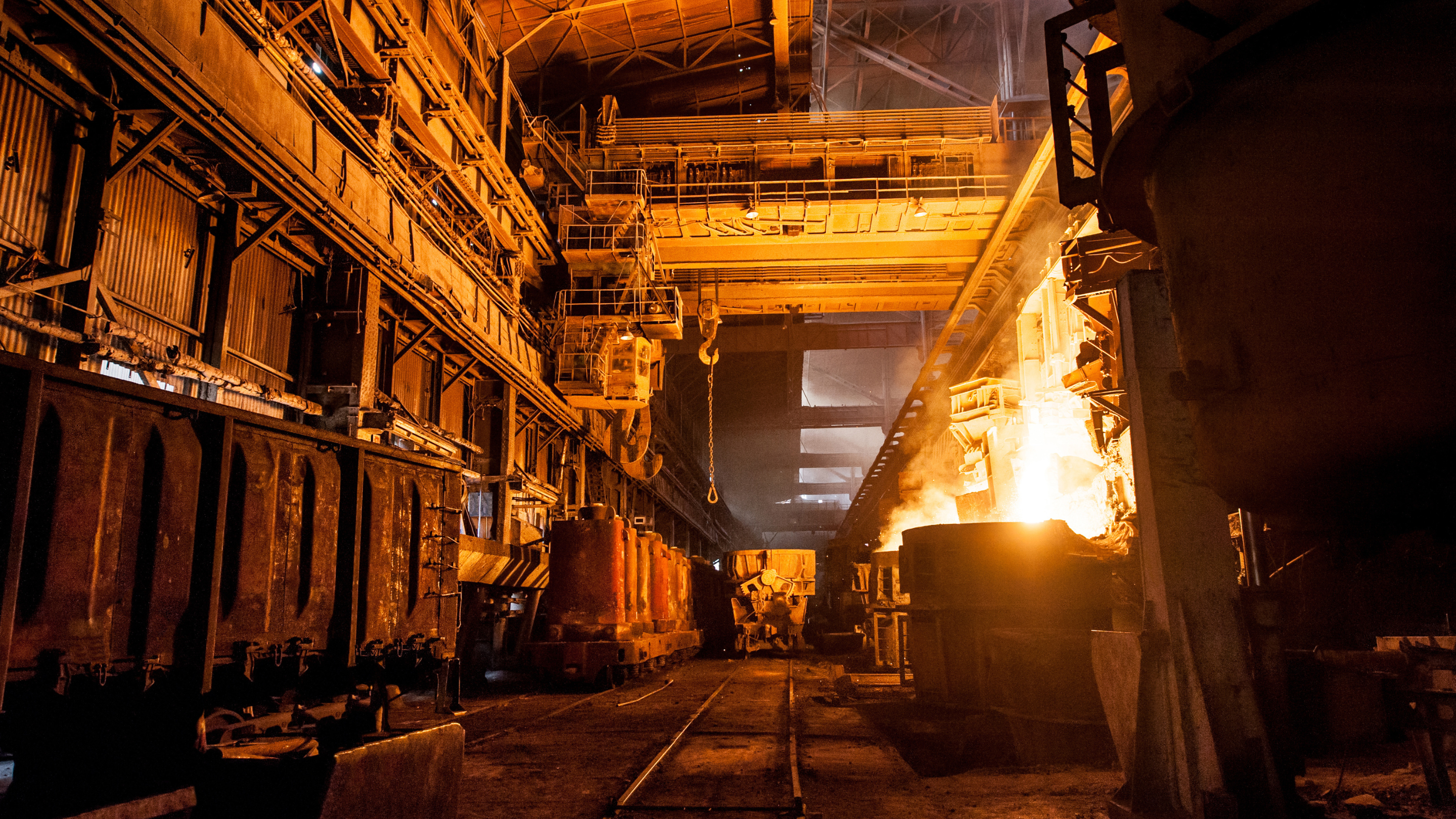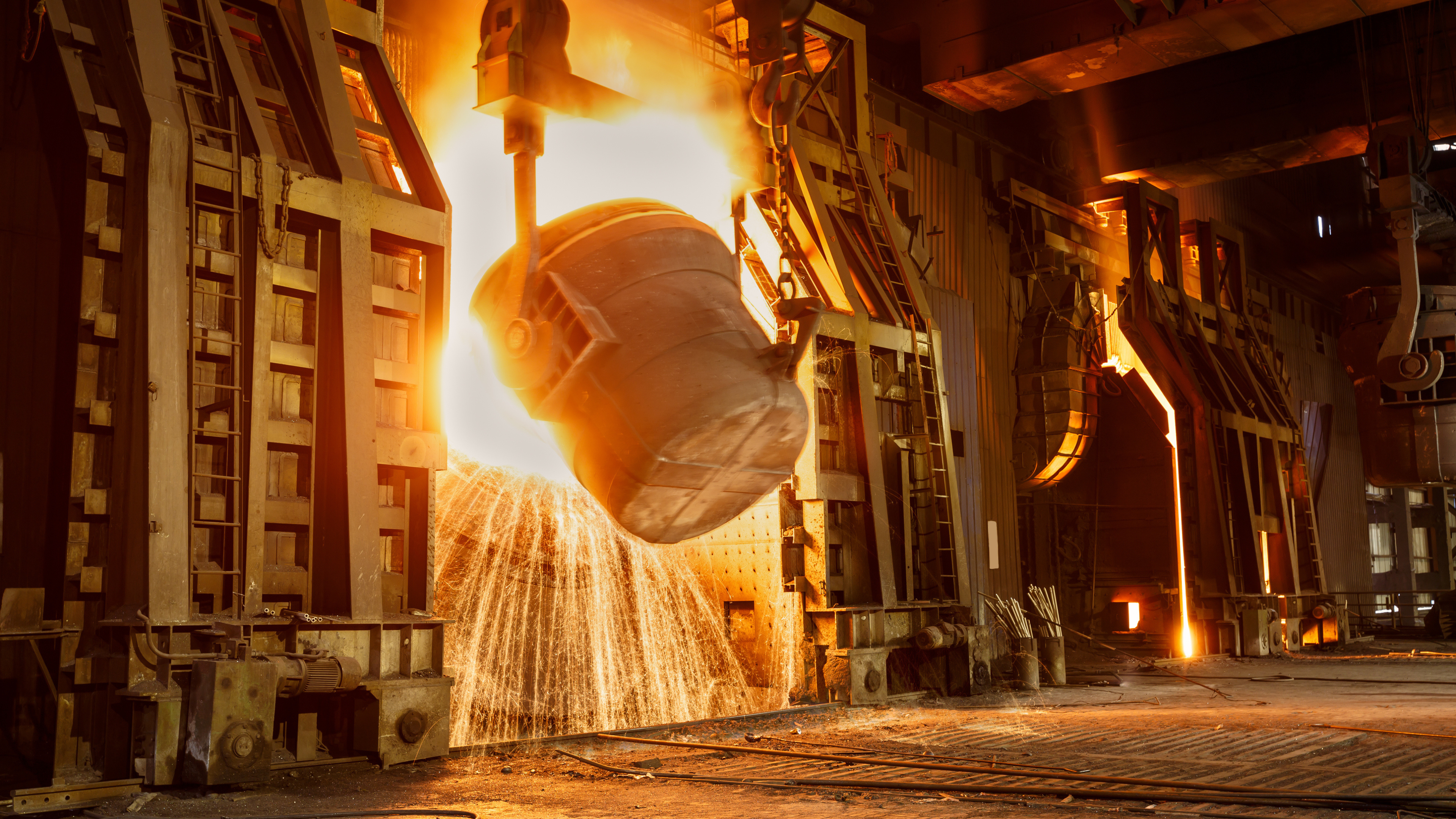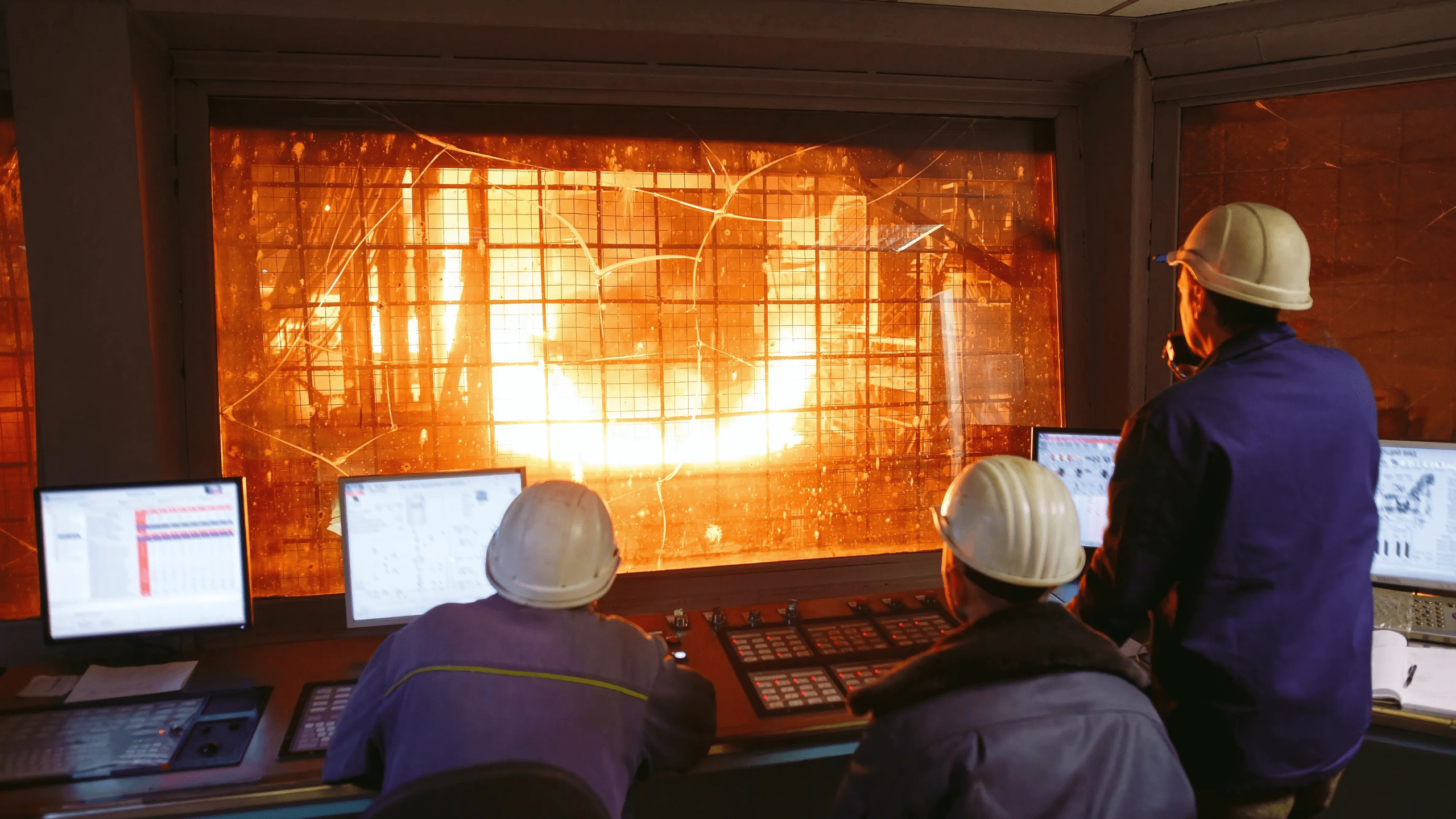Key Takeaways
Here are five key takeaways from this document:
Problem: A private investment firm needed operational due diligence to validate seller claims and uncover hidden technical or financial risks before acquiring two EAF steel plants in the UK and Norway.
Challenge: The team uncovered critical “red flags” – including outdated automation systems, deviations in production metrics, environmental permitting issues, and SAP transition risks.
Solution: Steel Hub validated technical performance and equipment condition across both sites – from scrapyard to melt shop and rolling mill – providing clarity on operational risks.
Improvement: Scenario models were developed to test production growth against investment needs, and key CAPEX areas were identified to support sustainable operations and decarbonisation.
Impact: The findings shaped the client’s negotiation strategy, enabling a transparent and informed bid. The deal advanced confidently into the acquisition process.
Overview
Sev.en Global Investments is a private investment firm that was considering the acquisition of two steel plants located in the UK and Norway. The Czech company (in the following: 7GI tasked the Steel Hub team with conducting an operational due diligence project that entails evaluating the technical condition and operational performance of two steel plants previously owned by the Spanish based steel producer Celsa.
Steel Hub’s expert team, with over 20-30 years of experience in steel plant operations, conducted an in-depth analysis of the plants’ melt shop operations, rolling mills, automation systems and ancillary facilities, including a review of all present and future digitalisation projects.
Our objectives included:
- Validate the seller’s claims about the steel plants technical condition and performance
- Identify any major investment requirements (“red flags”) the seller had not yet made transparent
- Review the feasibility of future growth and capacity expansion plans
- Develop ideas for plant performance improvement for value capture by the future owner
How we helped the client
Steel Hub began by reviewing initial technical specifications and performance data provided by the seller, developing preliminary hypotheses to guide our on-site investigations. Within a week, we deployed a specialised team on-site, completing a thorough inspection of the steel plants each located in different locations, namely, Norway and UK.

During the on-site validation process we:
- Evaluated plants’ technical setups against the seller’s claims
- Reviewed ongoing operations to identify risks and opportunities for future improvement
- Estimated CAPEX requirements for over 5 years
The project took place within complex charged environments, with multiple stakeholders involved, yet Steel Hub successfully fostered cooperative working relationships with the plant management and operating teams.
Our findings were compiled into a detailed report, supporting the client throughout the bidding process. The leadership team delivered insights during two board presentations, raising critical questions to clarify uncertainties and strengthen the acquisition strategy.
Value delievered to the client
The due diligence initiative enabled the client to:
- Validate technical claims related to performance, equipment condition, and system integrity across both sites—including scrapyard inventory, melt shop, rolling mill, and auxiliary plant areas—providing a clear understanding of technical risks.
- Developed scenario models demonstrating the sensitivity of projected production growth to critical investments.
- Uncover high-risk “red flags”, including deviations in production metrics, outdated automation systems, environmental permitting constraints, and SAP transition challenges—potential risks to operational stability and scalability.
- Identified critical investment areas, to support the calculation of the acquisition value required to sustain current operations, growth projection and advance the decarbonisation strategy.
Results
Our findings directly impacted our client’s negotiation strategy. We made potential investment requirements in the two plants transparent, enabling our client to incorporate them into their bid and make an informed decision on the technical aspects of the two acquisitions.
With these actionable recommendations, the client was well-equipped to make an informed decision on the technical aspects of the acquisition. Ultimately, the client’s deal was successfully progressed into the negotiation process.
